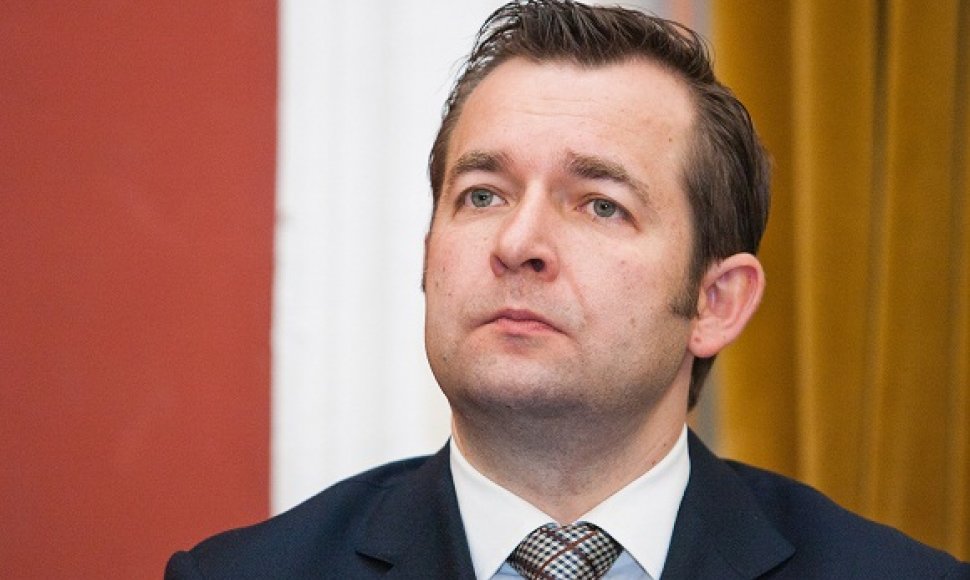Ramūnas Vilpišauskas, head of the Institute of International Relations and Political Science, believes it’s obvious that politicians' decision to hold a referendum is related to their wish to attract more votes during the upcoming Seimas elections. There's a high chance that the referendum will fail due to low turnout, Vilpišauskas says.
"The fact that it was decided to hold a referendum now instead of adopting laws on the development of nuclear energy or in a few years when economic conditions and the financial conditions of Lithuania's participation will be clearer shows that it's very clearly related to the Seimas elections and that will most likely not add to the improvement of Lithuania's reputation in attracting foreign investors," Vilpišauskas told BNS on Monday.
In his opinion, the current initiative reminds of the 2008 advisory referendum on the extension of the operation of Ignalina nuclear power plant beyond 31 December 2009, the deadline that was agreed during Lithuania's EU accession talks.
Vilpišauskas says that recent failure by a group of citizens to collect signatures for holding a referendum "proves that most probably people in Lithuania realize that it was a pre-election move and not a sincere wish to ask the opinion of the people of Lithuania."
"There's a high chance this advisory referendum will fail due to the lack of voter turnout," the political scientist said.
Vilpišauskas believes the referendum initiative will raise additional questions for partners of the nuclear power plant project – Latvia, Estonia, and Japans' Hitachi.
"Such a decision which is made on the basis of MPs' signatures and not people's signatures will definitely raise additional questions not only for the Japanese investor but also for Latvia and Estonia. That will not add to more clarity and mutual understanding. And the eventual effect will depend on what will happen on the voting day," Vilpišauskas said.












